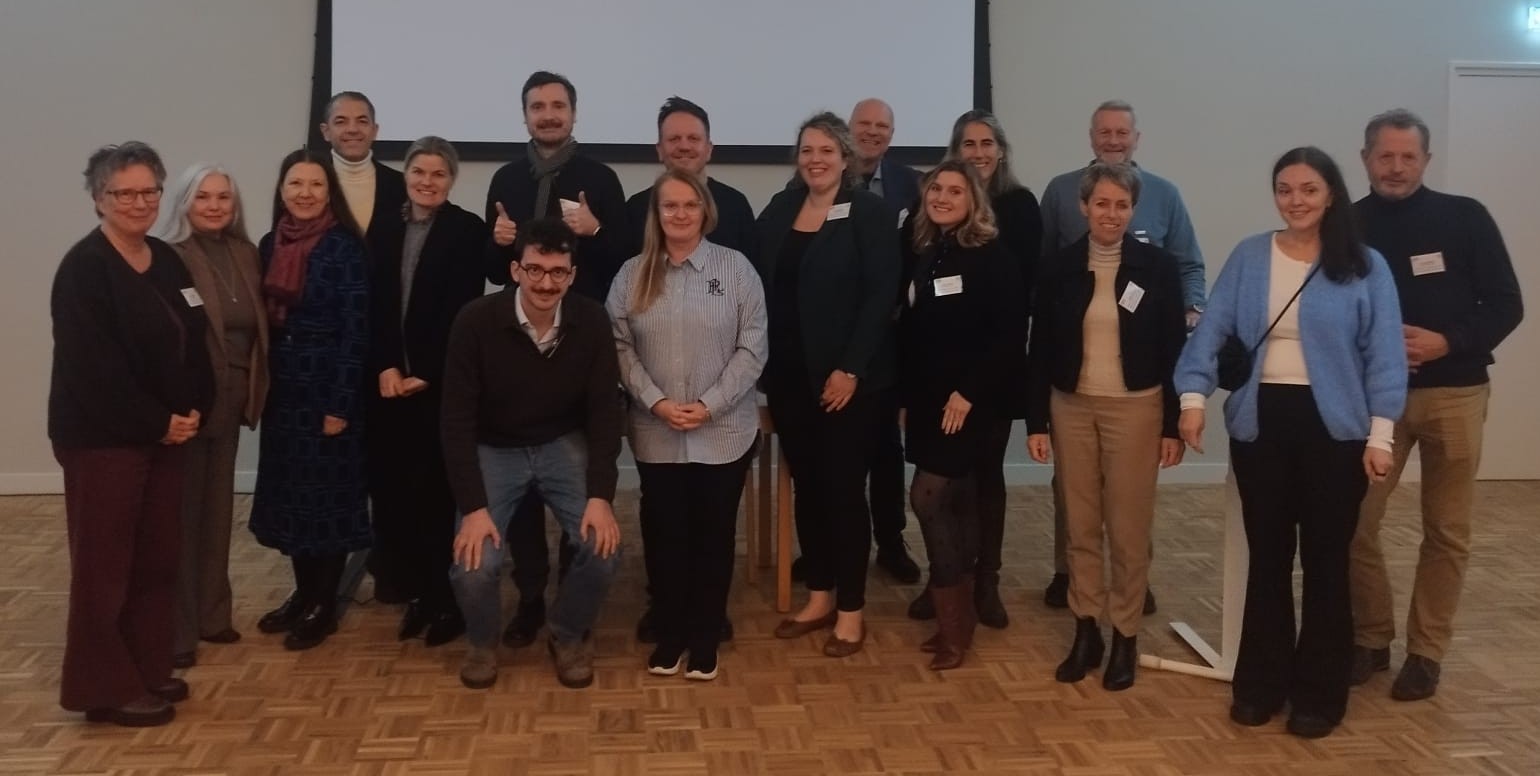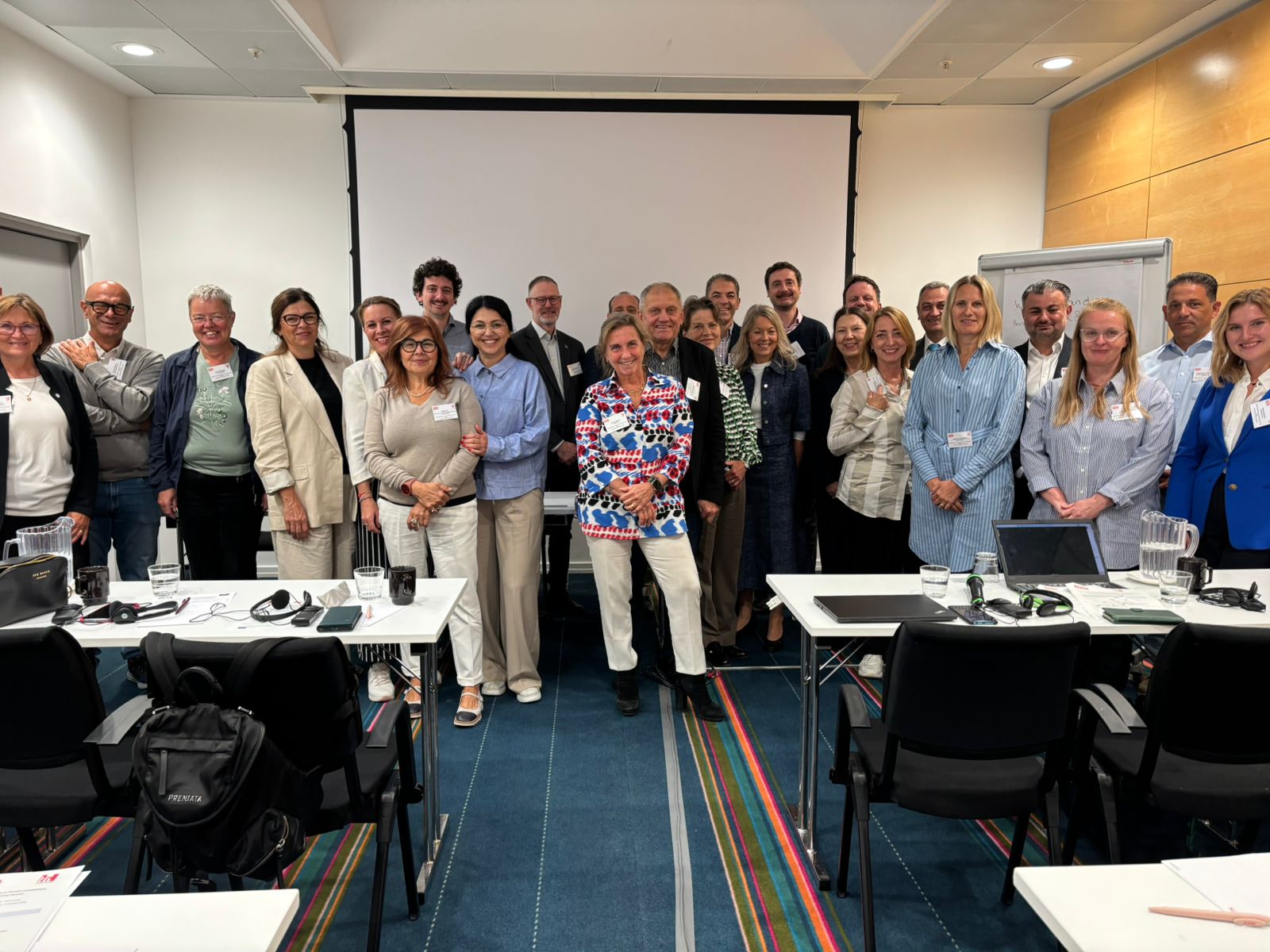CALL FOR TENDER: Subcontracting for external expertise Reference Contract of the Commission DLV- 101197678
Date of publication on the HOSPEEM and EPSU website: 08 April 2025
Deadline for submissions: 16 May 2025
Download the Call for tender
Tender Specification
In order to ensure large visibility to this tender, HOSPEEM and EPSU will publish the tender on their websites. This tender will be publicly available for 30 days.
- Background:
The recognised European Sectoral Social Partners in the hospital and healthcare sector are EPSU (European Federation of Public Service Unions) and HOSPEEM (European Hospital and Healthcare Employers’ Association). Given the demographic trends in the society, the healthcare sector is facing significant challenges, including an ageing workforce, intra-EU mobility and migration, and the impact of temporary work agencies. Additionally, there is a need for future-proofing skills and career pathways while exploring the potential of digitalisation and artificial intelligence.
The European hospital and healthcare sector is experiencing labour and skills shortages, which have been exacerbated by the demographic changes and COVID-19 pandemic. These shortages are impacting the quality and accessibility of healthcare services across Europe. In response to these challenges, EPSU and HOSPEEM have decided to carrying out a joint project – “Tackling Staff Shortages and Ensuring Future-Proofing Skills in Health”
The project is financially supported by the European Commission, Budget Line SOCPL-2024-SOC-DIALOG – Support for Social Dialogue. It will run for 24 months, starting in April 2025.
The aim of this project is to address the pressing issues of labour and skills shortages and in the European hospital sector. The method will involve a series of workshops which will gather European and national social partners and key stakeholders.
In order to support the project, EPSU and HOSPEEM are seeking the external expertise of (a) consultant(s)/consultancy. The contractor(s) will attend the workshops, gather information on the key challenges, actual or potential solutions, current involvement of the sectoral social partners in addressing the labour and skills shortages.
- Tasks to be performed by the contractor
Deliverables:
- Summary of the second workshop: Attending at the second workshop with the topic of Work-life balance and mental health and summary of the main points of discussion and identification of key challenges and solutions. The report will be at least 5 pages and in English
- Summary of the third workshop: Attending at the third workshop with the topic of Temporary Work Agency and summary of the main points of discussion and identification of key challenges and solutions. The report will be at least 5 pages and in English
- Summary of the fourth workshop: Attending at the fourth workshop with the topic of Digitalisation, future-proofing skills and summary of the main points of discussion and identification of key challenges and solutions. The report will be at least 5 pages and in English
- Summary of the first workshop, topic: Attending at the first workshop with the topic of Ageing healthcare workforce, intra-EU mobility and summary of the main points of discussion and identification of key challenges and solutions. The report will be at least 5 pages and in English
- Summary of the fifth workshop: Attending at the fifth workshop with the topic of Practical solutions in collective bargaining and summary of the main points of discussion and identification of key challenges and solutions. The report will be at least 5 pages and in English
- Summary of the final conference: Attending at the final conference and summary of the main points of discussion and identification of key challenges and solutions. The report will be at least 5 pages and in English
- Final report: Attending at the Summary of the main points of discussion and identification of key challenges and solutions. The report will be at least 20 page and in English
- Final report summary: Attending at the Summary of the final report. The report will be at least 5 pages and in English.
The selected expert will:
- Identify challenges social partners face regarding – as well as good practices addressing staff shortages in the hospital sector. This should include an analysis of factors such as the ageing workforce, intra-EU mobility and migration, the impact of temporary work agencies, and digitalisation.
- Write effectively and clearly for the target audiences of trade union members and employers
- Attend workshops and the final project conference.
- Deliver the reports from the workshops and from the final conference.
In order to perform the tasks listed above, the subcontracted team will be asked to work in total of 25 days. The consultant(s) will be supported by EPSU and HOSPEEM secretariats.
- Time schedule and reporting
The project duration is from April 2025 and has an expected duration of 48 months. The workshop reports should be prepared within one month after the workshop. A final project report is required by March 2027.
- Payments and standard contracts:
The contract will be drawn up between EPSU and the contractor. Payments will be made in three instalments.
The first payment of 25% will be paid upon signing the contract. The second payment of 35% will be paid after the project consortium submits the mid-term report to the commission. Final payment will be made upon completion and submission of the final project report to the Commission.
- The travel and accommodation expenses for the contractor to attend the project meetings or meeting with the social partners will be covered by the overall travel and accommodation budget of the project.
The accommodation and transfers will be under economy class and according to the travelling chart made by the European Commission which can be found in the Grant Agreement.
Duration of the contract:
The consultant(s) will be engaged to perform the above-mentioned tasks starting in June 2025. The study should be completed by the end of the project (estimated as March 2027) when the results should be presented with the final report.
Expertise required
- At least 3 years of experience in the field of labour market and industrial relations, with a focus on national and European social dialogue;
- Knowledge of the European hospital and healthcare sector, with a specific focus on staff shortages,, and the challenges faced by the healthcare workforce and services.
- Familiarity with issues such as the ageing workforce, intra-EU mobility and migration, skills, the impact of temporary work agencies, work-life balance, and the role of digitalisation in healthcare.
- Good analytical, communication, and organisational skills to carry out the tasks as specified above. Previous experience or familiarity with the work of (European) Social Partners is preferable.
- Significant knowledge of carrying out similar tasks in relevant EU projects;
- Perform the tasks in English. All official deliverables/outcomes/communications produced by the expert shall be made in excellent written English.
Price
The total funding for this work is 30 000,00 EUR (all taxes and charges included).
Selection criteria:
The offers received to the call for tender will be examined by the HOSPEEM and EPSU Secretariats – which can decide to also consult with representatives of EPSU affiliates and HOSPEEM members, where appropriate – based on the following criteria:
The offer received will be examined on the basis of the following criteria:
- Verifiable expertise, experience and skills, as required and described above;
- Proven knowledge/evidence track record of research (supported by publications, academic articles, etc.)
- Respect the budgetary contraints and timeline.
- Content presentation of the tender:
Tenders must be written in English. They must be signed by the tenderer or his duly authorised representative and be perfectly legible so that there can be no doubt as to words and figures. Tenders must be clear and concise.
They must make it clear under specific headings that they are able to meet the requirements of the specifications. All tenders must include at least two sections:
i) Technical proposal
The technical proposal must provide all the information needed for the purpose of awarding the contract, including:
- Description of relevant professional experience with emphasis on the specific fields covered by the invitation to tender;
- A detailed CV of the tenderer involved in the project activities;
- Proof of Knowledge of the European hospital and healthcare sector
- Proof of Knowledge of EU Health and Social Policies
- Presentation of the methodology and approach that will be taken to the report
- Previous experience and familiarity with the work of (European) Social Partners and European Social Dialogue Committees
English language proficiency/proficiency to deliver the project outcomes in proficient English.
ii) Financial proposal
Prices of the financial proposal must be quoted in euros, including if the sub-contractor is based in a country which is not in the euro-area. As far as the tenderers of those countries are concerned, they cannot change the amount of the bid because of the evolution of the exchange rate. The tenderers choose the exchange rate and assume all risks or opportunities relating to the rate fluctuation.
Prices shall be fixed and not subject to revision during the performance of the contract.
Award criteria:
Offers must be received within 30 days of the date of publication of this call for tender by EPSU (16 May 2025). Offers must be sent to EPSU in electronic (by email to acociancich@epsu.org).
The contract will be awarded on the basis of the contractor that submits the bid demonstrating the best value for money, taking into account all the selection criteria. No award will be made if the bidders fail to achieve 70% in the evaluation of the bids against the selection criteria. The principles of transparency and equal treatment with a view to avoiding any conflict of interest will be respected.

![]() 5 – 6 March 2026 (1,5 days)
5 – 6 March 2026 (1,5 days)![]() U.I.L. – Unione Italiana del Lavoro, Via Lucullo, 7, 00187, Rome, Italy
U.I.L. – Unione Italiana del Lavoro, Via Lucullo, 7, 00187, Rome, Italy




Recent Comments